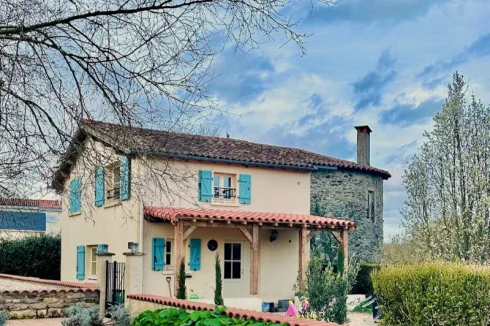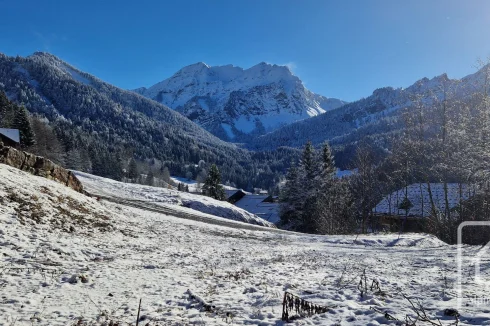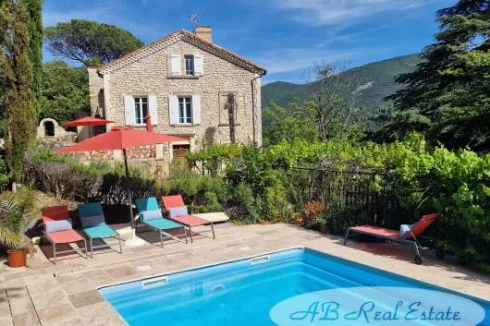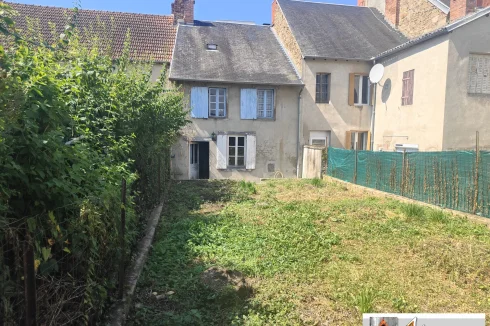Tour de France Goes Back to Its Roots
Tuesday 01 July 2008
This year’s Tour de France starts on 5th July, an event that is both a sporting and panoramic spectacle.
Around 250 riders and their accompanied 15 kilometre cavalcade will start the marathon 3500 km journey around the country, in a race that grips the whole nation for three weeks at the start of the summer season.
It is an event that attracts around 15 million spectators along the route, and those not interested in the race itself simply use the occasion to hold a party or a festival. Battered old photographs of the race in the walls of local bars, shops and houses testify to the enduring legacy the race leaves if you were once lucky enough to be blessed with the race passing through your community.
Those not able to see it as a spectator are able to enjoy wall-to-wall coverage on their TV, and millions of viewers around the world are expected to do so. There really is nothing else quite like it on the planet.
Even if you have no interest in the race itself, sit back and enjoy some magnificent aerial television shots of this beautiful country that traditionally accompanies the full-coverage TV schedules of the race.
This year’s race starts from the traditional heartland of cycling in Brest, Brittany. Indeed, in an effort to take the race back to its roots there have been several changes in format this year, notably with the abolition of the individual time trial at the start of the race. Instead, the riders will go straight into a 195km full stage.
"We want the Tour to rediscover its romanticism," said Tour director Christian Prudhomme. "It means the plot will not be obvious."
Other changes include the abolition of time bonuses at intermediate stages of the race, which is likely to widen the circle of potential winners and make for a much more open competition between the riders.
With drugs scandals of the past having badly tarnished the image of the race, anti-doping measures have been even tougher this year, with blood profiles of the riders being established months before the race begins, and even more intensive testing planned to take place during the race itself. No other sporting event in the world is subject to such rigorous drug testing as occurs in the Tour de France.
Details of each stage of the race are set out on the following table.
| Date | Stage | Where | Length |
|---|---|---|---|
| 5 July | 1 | Brest to Plumelec | 195 km |
| 6 July | 2 | Auray to Saint-Brieuc | 165 km |
| 7 July | 3 | Saint Malo to Nantes | 165 km |
| 8 July | 4 | Cholet to Cholet | 29 km (individual time trial) |
| 9 July | 5 | Cholet to Chateauroux | 230 km |
| 10 July | 6 | Algurande to Super-Besse | 195 km |
| 11 July | 7 | Brioude to Aurillac | 158 km |
| 12 July | 8 | Figeac to Toulouse | 174 km |
| 13 July | 9 | Toulouse to Bagneres-de-Bigorre | 222 km |
| 14 July | 10 | Pau - Hautacam | 154 km |
| 15 July | Rest Day | ||
| 16 July | 11 | Lannemezan to Foix | 166 km |
| 17 July | 12 | Lavelanet to Narbonne | 168 km |
| 18 July | 13 | Narbonne to Nimes | 182 km |
| 19 July | 14 | Nimes to Digne-les-Bains | 182 km |
| 20 July | 15 | Digne-les-Bains to Prato Nevoso (Italy) | 216 km |
| 21 July | Rest Day | ||
| 22 July | 16 | Cuneo to Jausiers | 157 km |
| 23 July | 17 | Embrun to L'Alpe d'Huez | 210 km |
| 24 July | 18 | Bourg-d'Oisans to Saint-Etienne | 197 km |
| 25 July | 19 | Roanne to Montlucon | 183 km |
| 26 July | 20 | Cerilly to Saint-Armand-Montrond | 53 km (individual time trial) |
| 27 July | 21 | Etampes to Paris Champs Elysees | 143 km |
Thank you for showing an interest in our News section.
Our News section is no longer being published although our catalogue of articles remains in place.
If you found our News useful, please have a look at France Insider, our subscription based News service with in-depth analysis, or our authoritative Guides to France.
If you require advice and assistance with the purchase of French property and moving to France, then take a look at the France Insider Property Clinic.





